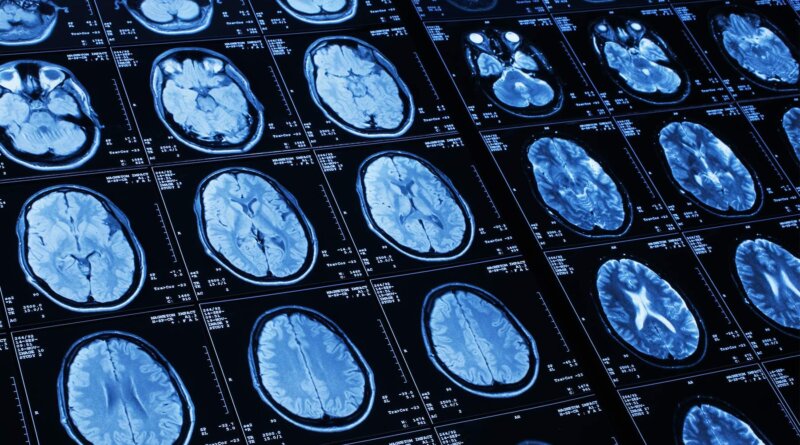Just One Extra Drink a Day May Change the Brain
March 10, 2021 — It’s no secret that heavy drinking is linked to potential health problems, from liver damage to a higher risk of cancer. But most people probably wouldn’t think a nightcap every evening is much of a health threat.
Now, new evidence suggests even one drink a day is linked to detectable changes in the brain, though it’s not clear whether the alcohol is causing the differences.
Previous research has found that people with alcohol use disorder have structural changes in their brains, compared to healthy people’s brains, such as reduced gray matter and white matter volume.
But those findings were in people with a history of heavy drinking, defined by the National Institute on Alcohol Abuse and Alcoholism as more than four drinks a day for men and more than three drinks a day for women.
The national dietary guidelines from the U.S. Department of Health and Human Services advise drinking no more than two standard drinks for men and one drink for women each day. A standard drink in the U.S. is 12 ounces of beer, 5 ounces of wine, or 1½ ounce of liquor.
But could even this modest amount of alcohol make a difference to our brains?
Researchers examined functional MRI brain scans from 36,678 healthy adults, ages 40 to 69, in the U.K. and compared those findings to their weekly alcohol consumption, adjusting for differences in age, sex, height, social and economic status, and country of residence, among other things.
In line with past studies, the researchers found that as a person drank more alcohol, their gray matter and white matter volume decreased, getting worse the more drinks they had in a week.
But the researchers also noted that they could tell the difference between brain images of people who never drank alcohol and those who had just one or two drinks a day.
Going from one unit of alcohol to two — which in the U.K. means a full pint of beer or standard glass of wine — was linked to changes similar to 2 years of aging in the brain.
Other than comparing the changes to aging, it’s not yet clear what the findings mean until the scientists do more research, including looking at the genes of the people who took part in the study.
The study also has several drawbacks. The people who were studied are all middle-aged Europeans, so findings might be different in younger people or those with different ancestries. People also self-reported how much alcohol they drank for the past year, which they might not remember correctly or which might be different from previous years, including past years of heavy drinking.
And since the researchers compared drinking habits to brain imaging at one point in time, it’s not possible to say whether alcohol is actually causing the brain differences they saw.
Still, the findings raise the question of whether national guidelines should be revisited, and whether it’s better to cut that evening drink to a half-glass of wine instead.




